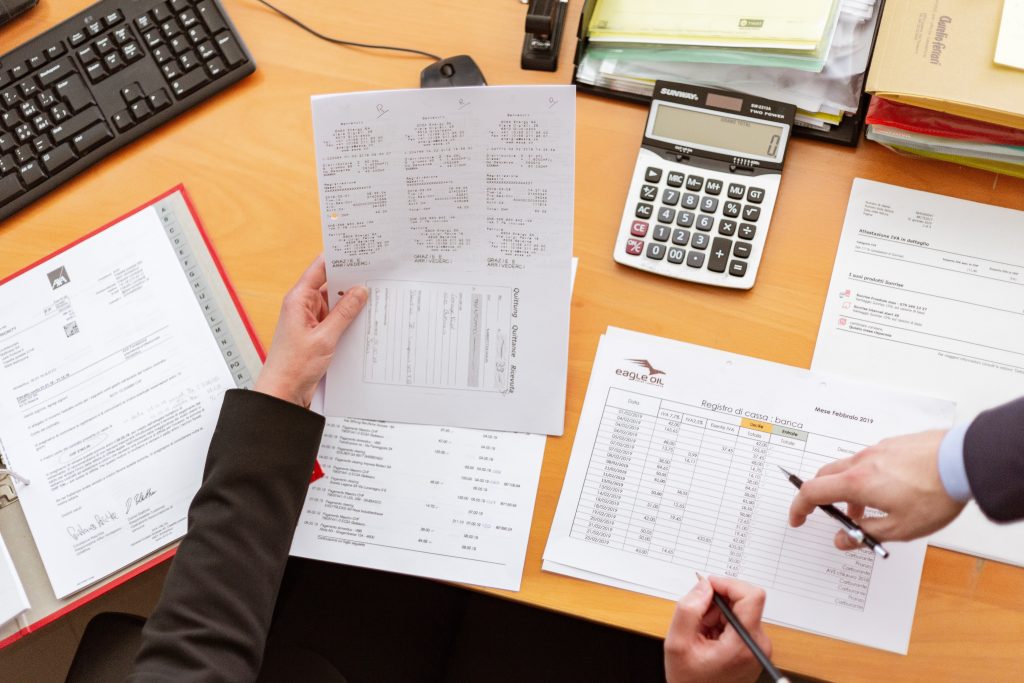The cost of living is extremely high, and there are many South Africans who simply don’t have the extra money to put into a savings account right now. We therefore need to seriously look at saving money by cutting costs and changing our lifestyle.
Prioritise your wants and needs
We need to be honest about what we want and what we need. Daily necessities, getting rid of our debt – as well as school fees, school uniforms and stationery should be top of mind as we head into January.
Differentiate from your wants and your needs- be honest with yourself
There is no shame in not being able to afford something. Stop all and any unnecessary spending. Some people get into the mindset of “things are bad, I’ll feel better if I spoil myself and my kids”.
This isn’t a good train of thought. Splurges on things that bring us momentary pleasure right now, can have disastrous consequences, as interest rates and prices are still set to rise.
Set aside the time to collect and store all of your Financial contracts and paper work
- Though it’s not something we easily acknowledge, the holidays are the perfect time to go through the paperwork and make a note of who you owe what to.
- Have a look at what your interest rates for every debt is. If you can afford to, then pay back the most expensive ones (the ones with the higher interest rates) first.
- Examine your contracts for credit and life insurance.
- Check out how long you still have to be paying on all your accounts.
- It is vitally important that you have a complete overview of what your finances look like, right now, so that you can get a plan in place for the new year.
Obtain a credit Report
Every South African consumer is entitled to one free credit report from every credit bureau, once a year. Go online, and make the effort to get yours.
Create a monthly budget
Drawing up a budget may seem boring, but it is a valuable tool in helping you manage your finances.
- Don’t keep your budget in your head. It doesn’t work.
- Rather write it down on paper, do it on your PC or use one of the many free budgeting apps available.
- Sometimes you need your financial situation to stare you in the face, so that you can see exactly how much you are spending and possibly cut down if needed.
Scale down your life
- Cancel subscriptions to apps you don’t need.
- Cancel duplicate insurances, especially those offered as a side product.
- Check out the terms and conditions and cancellation clauses and penalties applicable.
- Get comparative quotes on medical aids, insurance, etc
- A roof over your head is a necessity. Paying rent in an area you can’t afford isn’t. Considering relocating to a cheaper location.
- You need transport to get around, but you don’t need a big fuel-guzzling car, especially with the rising costs of fuel.
Save money day to day
- Switch off your geyser during the day. If you save R10 a day on electricity this way – that’s R300 a month that can go towards something else
- Check how many times you are getting take-aways. Make food that feeds more people – and where leftovers can be frozen.
- Check for specials on cellphone data and airtime deals.
- Do your homework and find cheaper food prices. By keeping track of “specials” on various grocery stores, you can save quite a bit of money on your weekly or monthly grocery purchases.
- We need to stop living beyond our means. If that means acknowledging to ourselves (and others) that we can no longer afford what we previously could – then so be it.
There is no shame in acknowledging that things are tough right now. Once you identify what your financial problem areas are, then you can concentrate on finding solutions to them.

